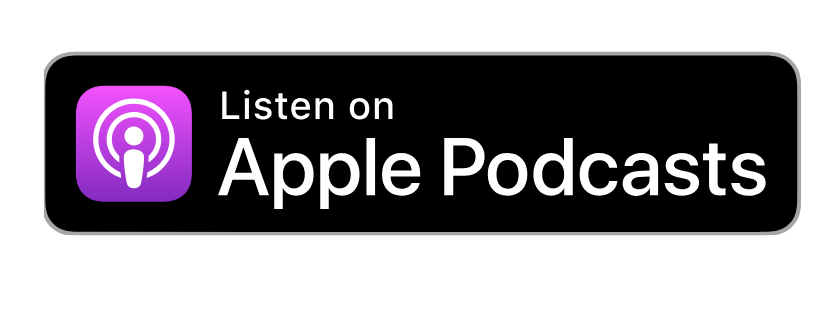Adult Transition Series: Introduction
What is a Transition Planning?
While the IEP (Individualized Education Plan) targets annual goals, transition planning targets goals beyond high school and into adulthood.
IEP goals should support each of the transiton goals. Think of an transition goals as a future vision under construction and annual IEP goals as present day individual bricks necessary to build the vision.
The Transition Plan covers three main areas:
Further Education and/or Training
Independent Living Skills
Employment
When does transition planning begin?
At the age of 14 transition planning begins. Depending on the state you reside, programs are put in place at the age of 14 or 16. Transition planning should come before the IEP goals in the age eligible year because the IEP and related services are the building blocks.
For example, if your child's IEP renews in October but his/her birthday is November, the transition planning process needs to start earlier than his/her birthday. If you are in a state with a deadline age of 16 rather than 14, you do have the right to request an earlier start. An early start is wise when learning necessary skills for adulthood will require much repetition. Requests are to be made in writing and the school district has 15 days to respond.
What is included?
Just as your child’s Individualized Education Plan is a custom fit, so should theTransition Plan. The assessment process sets the stage for what will be the Transition Goals. If there are skills you know are needed for future goals, then they need to be assessed above and beyond the customary assessments.
Part 2 of this series is devoted to assessments for transition.
Who participates in process?
Transition planning is held in conjunction with the IEP so your typical team of educators, nurses, therapists, etc. will be included. It is also important to include your child in the process of determining his/her future.
Part 3 & 4 of this series cover goal setting.
In addition, you may want to consider inviting others such as:
Employers and/or employment agencies
Community representatives who have experience with your child
Private pay therapists or program directors your child attends
A representative from the Department of Rehabilitation
Personal care or health care providers
Transportation agency staff
Part 4 of this series covers interagency collaboration.
Why is Transition Planning important?
The transition plan will become the driving force of how your child spends the last years leading up to aging out of the school system. It is a unique time in development where much energy and focus can go into individual goals that will set him/her up for success as an adult. As you may know, after aging out of the school system obtaining quality services becomes more difficult. The transition plan is a final push in the last years.
Read Part 2: Assessments




